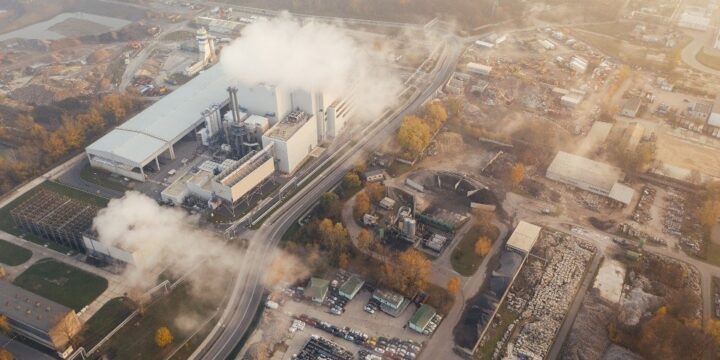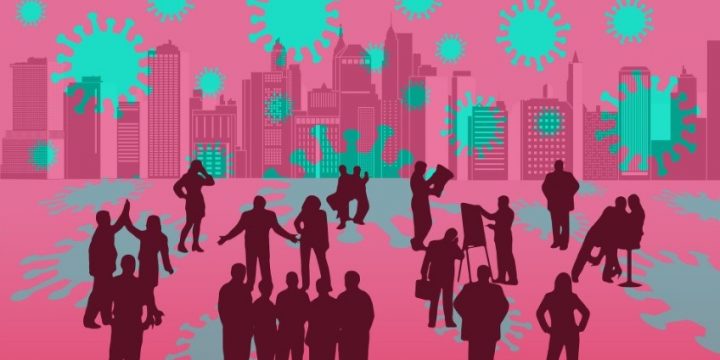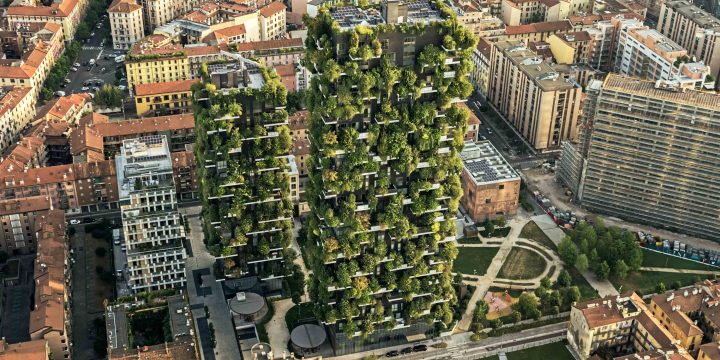
What can neuroscience and psychology do against climate change?
In the midst of climate change, affecting our environment, habits and habitat, cognitive sciences, and more specifically neuroscience and psychology, can allow us to better understand our drivers for action and inaction, our adaptative behavior and the biological and physiological consequences of environmental change. Putting into evidence the relation between brain health and climate change Researchers warn that increased heat stress resulting from global warming has a detrimental effect on health and productivity. According to Nancy Sicotte, MD, chair of the Department of Neurology of Cedar Sinai Hospital, there is an optimum temperature at which the body and the brain work best. Moreover, heat stress caused by climate change and extreme weather will lead to a reduction in working hours and disproportionately affect workers in specific industries such as construction…






